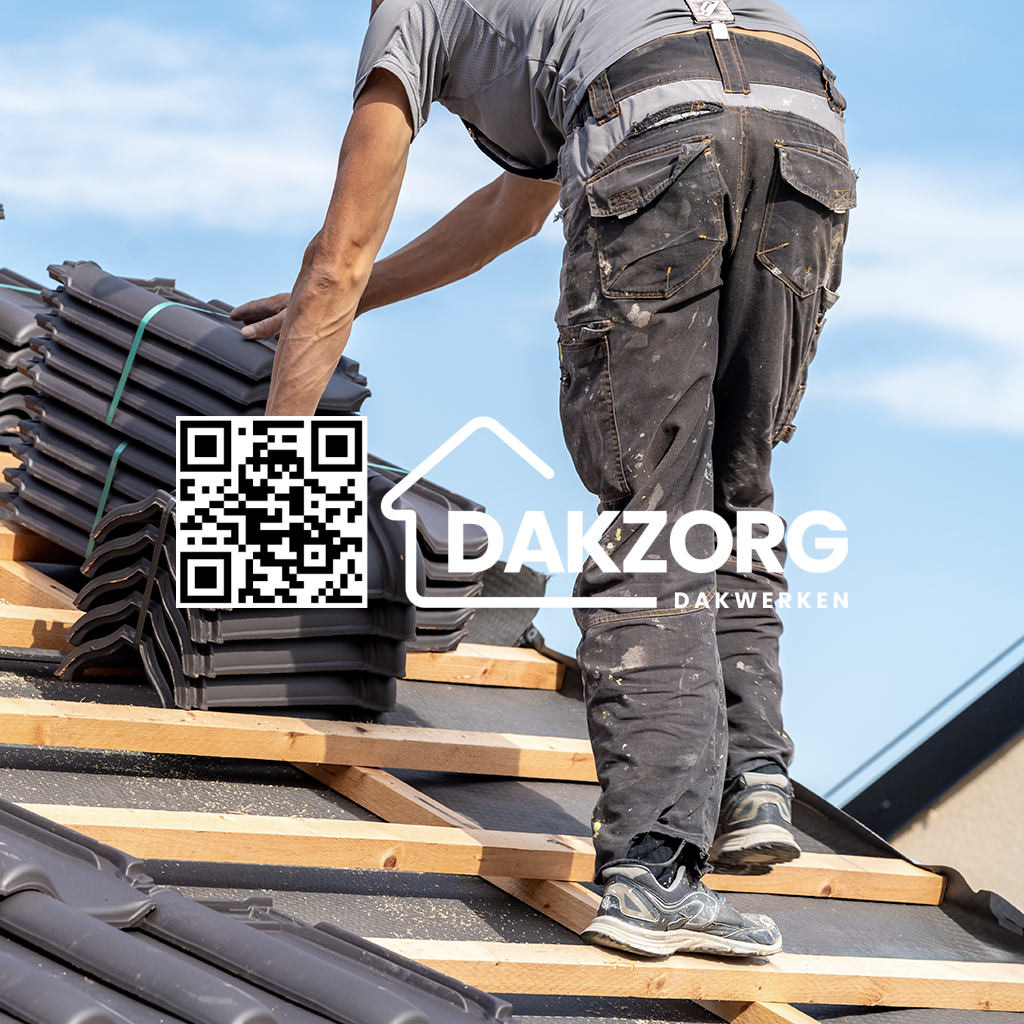When it comes to safeguarding your home, the roof is often the unsung hero. It shields us from inclement weather, provides insulation, and adds aesthetic value to our homes. However, like any other part of a house, roofs have their own set of challenges and maintenance requirements. One of the most crucial aspects to consider when investing in a roof is understanding roof warranties. This article will guide you through everything you need to know about roof warranties—from types and coverage to claims processes and common misconceptions.
What Are Roof Warranties?
Roof warranties are commitments made by manufacturers or contractors that cover specific damage or failure regarding roofing materials or installation. They serve as a form of insurance for homeowners, ensuring that if something goes wrong, help is available to mitigate costs.
Types of Roof Warranties
Understanding the different types of warranties can help homeowners make informed decisions when purchasing a roof.
1. Manufacturer's Warranty
This warranty covers defects in the roofing materials themselves. If a shingle fails due to manufacturing issues, this warranty usually kicks in. These can last anywhere from 20 years to a lifetime, depending on the material.
2. Workmanship Warranty
This type covers errors made during installation. If your roofing contractor installs shingles incorrectly, resulting in leaks or other issues, this warranty will protect you. Workmanship warranties often last between 1-10 years.
3. Limited vs. Full Warranty
- Limited Warranty: This type may come with exclusions and often has conditions attached. Full Warranty: Covers repairs or replacements without any costs incurred by the homeowner for a specified period.
What Does a Roof Warranty Cover?
It’s essential to dive into what exactly is covered under these warranties because not all warranties are created equal.
Common Coverage Areas
- Material Defects: Issues arising directly from faults in manufacturing. Installation Errors: Mistakes made during the installation process. Leaks: Often covered under both manufacturer's and workmanship warranties if they stem from defective materials or improper installation.
What Is Not Covered by Roof Warranties?
Knowing what isn’t covered can save you from future headaches.
Common Exclusions
- Normal wear and tear Damage from severe weather events Lack of proper maintenance Unauthorized repairs
How Long Do Roof Warranties Last?
When considering a new roof, the longevity of its warranty is crucial. Different types of roofs come with varying warranty periods:
- Asphalt Shingles: 20–50 years Metal Roofing: 40–70 years Tile Roofing: Up to 100 years
Understanding the Fine Print
Many homeowners fail to recognize the fine print associated with their roof warranties.
Transferability Clause
Some warranties can be transferred when selling your home; others cannot. Always check this clause if you're planning on moving soon.
Maintenance Requirements
Most manufacturers require regular inspections—failure to comply can void your warranty!
How to File a Claim on Your Roof Warranty?
Filing a claim can sometimes feel daunting; however, understanding the steps involved makes it easier.
![]()
![]()
Step-by-Step Guide to Filing a Claim
Identify the Issue: Clearly define what problems you're experiencing. Documentation: Collect all necessary documents such as receipts, photos of damage, and previous inspection reports. Contact Your Contractor: Discuss your concerns and find out if they can assist you in filing the claim. Submit Your Claim: Follow your manufacturer’s guidelines for submitting claims. Follow Up: Keep tabs on your claim status—it’s easy for things to get lost in paperwork!Understanding Roof Warranties: What You Need to Know About Claims Rejection
Claims may be denied for various reasons; knowing rss.com these can help prepare you better.
Common Reasons for Claims Denial
Lack of Maintenance Exceeding Warranty Periods Non-compliance with Installation GuidelinesRoof Warranty FAQs
Here are some frequently asked questions regarding roof warranties that might clarify some doubts:
1. How do I know if my roof is still under warranty?
You should have documentation that outlines your warranty's validity period and any possible transfer options.
2. Can I change my roofing contractor without voiding my warranty?
Generally yes—if repairs are needed, ensure that they follow manufacturer guidelines so as not to void it.
3. Are DIY fixes covered under my warranty?
Most likely not! DIY fixes could lead to unauthorized repairs that void your warranty.
4. What should I do if my claim gets denied?
Read through the denial letter carefully—you may appeal if there were misunderstandings or missing information!
5. Does homeowner's insurance impact my roof warranty?
Homeowner’s insurance typically doesn’t affect your roofing warranty but may provide additional coverage for damage not included under it.
6. Can I purchase extended warranties for my roof?
Yes! Many manufacturers offer extended warranties for an additional fee covering more extensive damages or longer periods than standard options.

Conclusion
Understanding roof warranties is an integral part of protecting one of your home's most vital components—your roof! From knowing what types exist and how long they last, down to filing claims correctly—being informed will empower you as a homeowner and ultimately save money in potential repair costs down the line.
To wrap it up nicely—always read through those fine prints before signing any contract; ignorance isn't bliss when it comes time for making a claim! Happy roofing!
By following this comprehensive guide on "Understanding Roof Warranties: What You Need to Know," you'll be well-equipped with all pertinent information necessary for making sound decisions regarding your home's roofing needs!